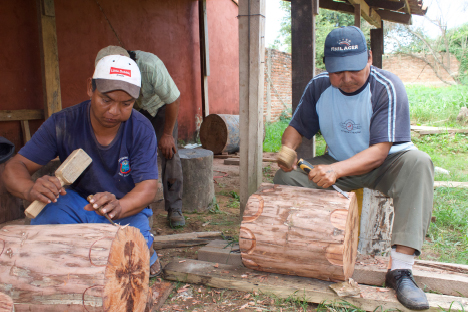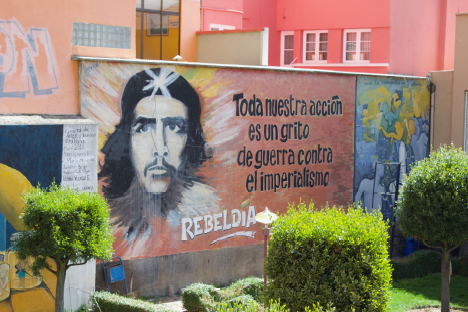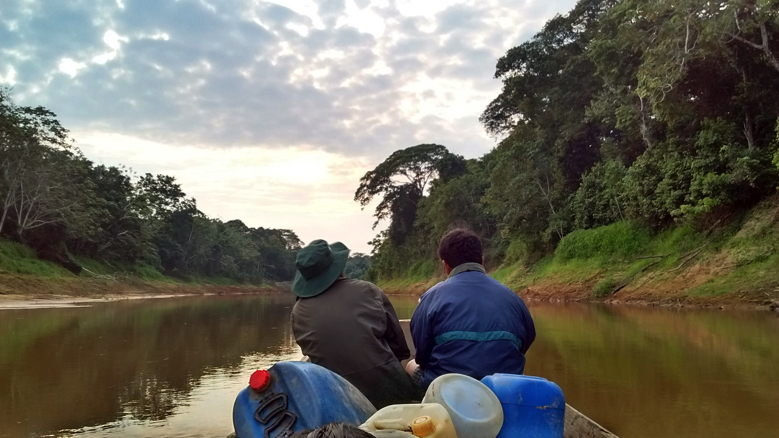Activism or Extractivism? Indigenous Land Struggles in Eastern Bolivia
by Evan Shenkin, Tinker Grantee; PhD candidate, Department of Sociology
Hopes were high with the election of Evo Morales in 2005—who became the first indigenous Bolivian president in 500 years. The new 2009 Bolivian constitution is among the most enlightened in the world, legally protecting indigenous peoples’ rights to self-determination and collective land ownership as well as the rights of nature. Yet today, after 12 years under Evo, there is growing discontent among many indigenous peoples in the eastern lowlands who feel betrayed by stark contradictions between the government’s rhetoric and actions. These peoples, and the NGOs that support them, are being threatened by government-sponsored extractivism on native lands.
Despite massive civil society opposition, the Morales administration is currently building a highway through the heart of the roadless TIPNIS National Park and the indigenous territory of the Chimán, Yuracaré, and Mojeño-Trinitario peoples. If completed, the road will allow oil drilling and logging, and facilitate multinational corporate profits. Yet, when non-violent protesters call on the government to respect native lands, they are often met with police violence. Why is this happening in Bolivia and many center-Left Latin American nations with such promising movements toward emancipatory politics?

Thanks to the Center for Latino/a and Latin American Studies and the Tinker Foundation for the Summer Field Research Award, I was able to conduct fieldwork in many indigenous communities in the Bolivian Amazon that were fighting extractivism. The interviews I conducted provided the basis of my dissertation on struggles for territorial autonomy and against unsustainable development. I interviewed indigenous leaders and community members, NGO workers, and had the opportunity to bear witness to decades long social movement struggles for territory and dignity—first under neoliberal regimes and continuing under Morales.
These were stories of hardship—of leaving home to participate in months-long marches up the Andes mountains to the capital La Paz to demand the government honor promises for indigenous rights. I learned of institutional discrimination and violence against indigenous activists, yet a remaining determination to protect ancestral territories for future generations. These growing political divisions come from a deep sense of betrayal that Morales favors multinational agricultural, mining, and logging interests over the rights of native peoples.

Each year, as the agricultural frontiers march deeper into the forests of the Amazon, questions of how to balance substantive human equity with development grow more pressing. I look forward to sharing my findings about the resiliency of lowland indigenous communities to live in opposition to the general currents of society while working for autonomy within an exclusionary system—at CLLAS events, my dissertation defense, and in forthcoming publications.
—Evan Shenkin is a doctoral candidate in the UO Department of Sociology. His research has been supported by CLLAS and the sociology department.

